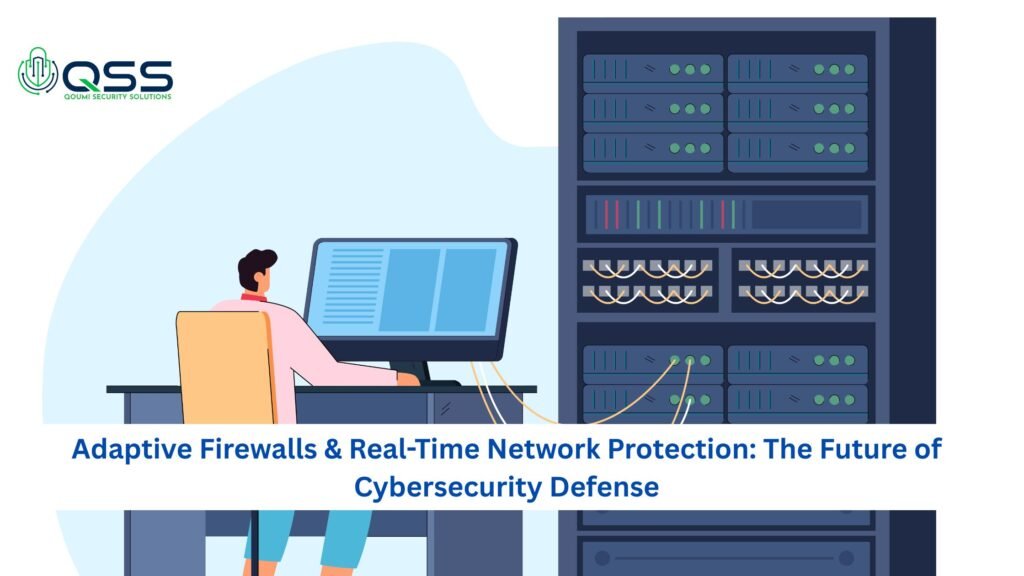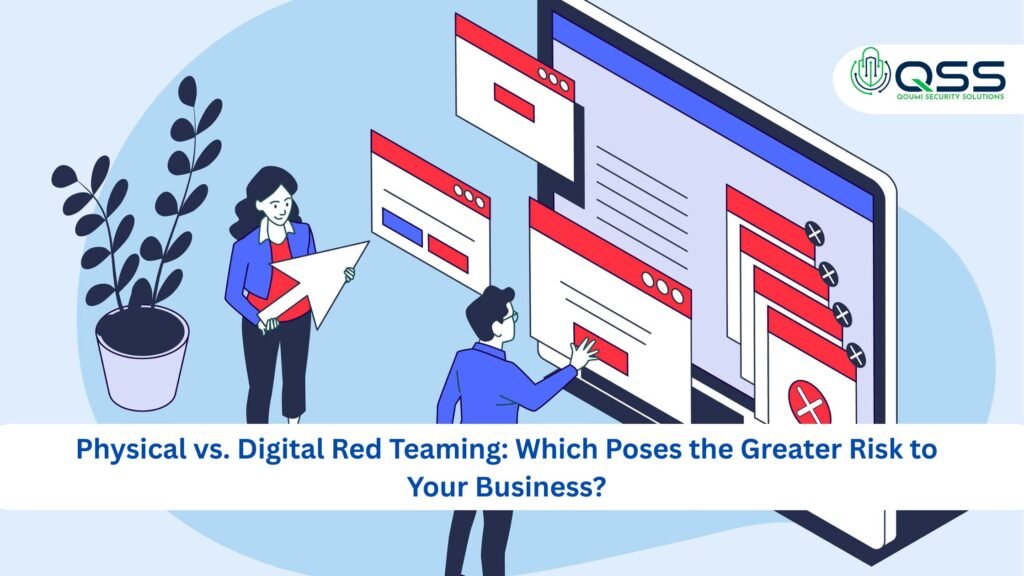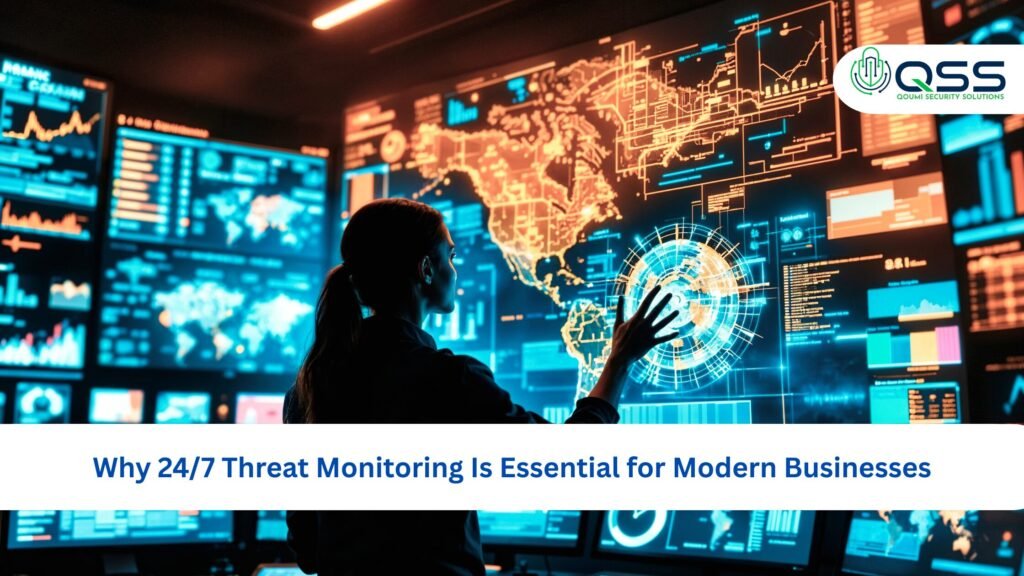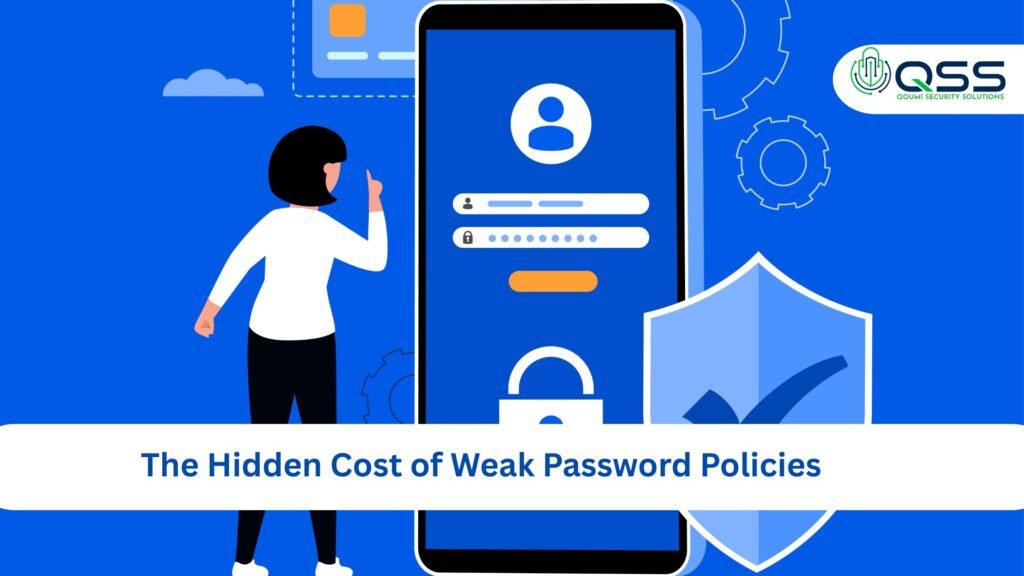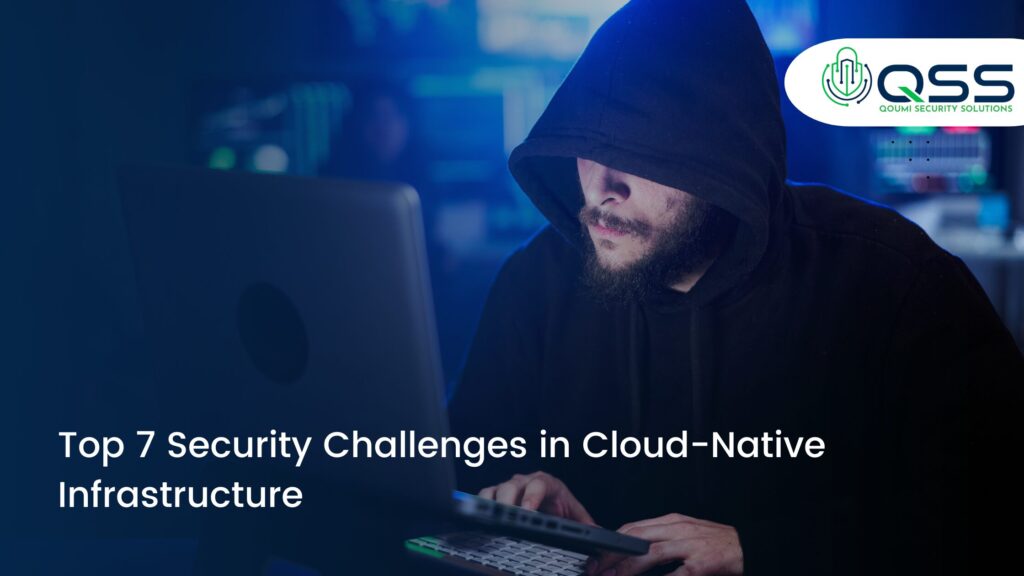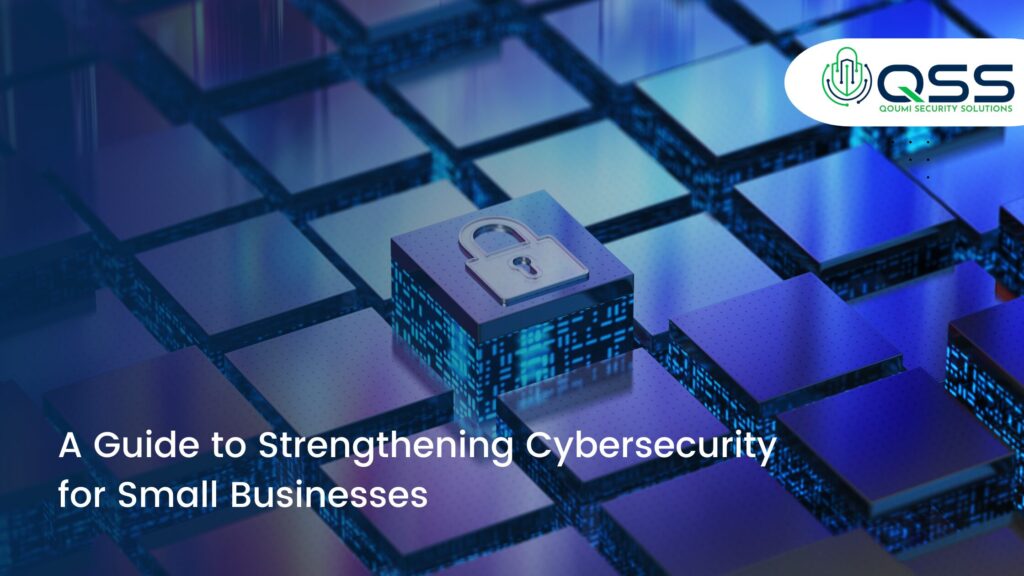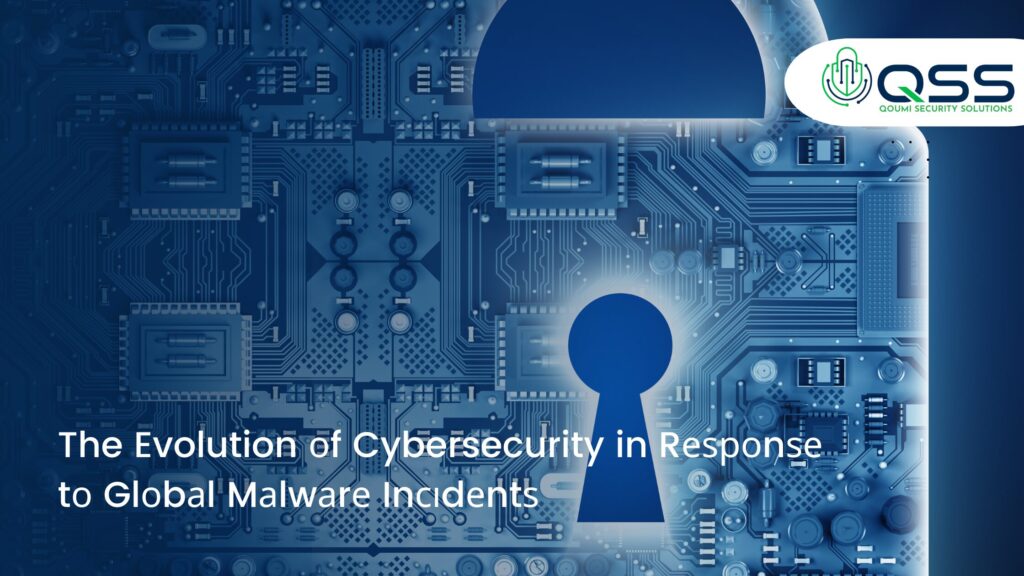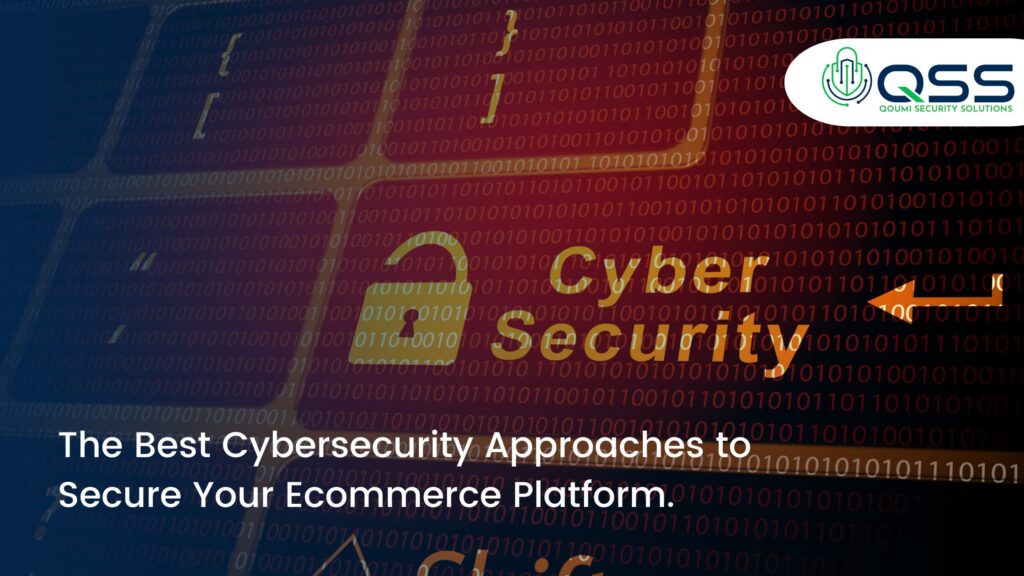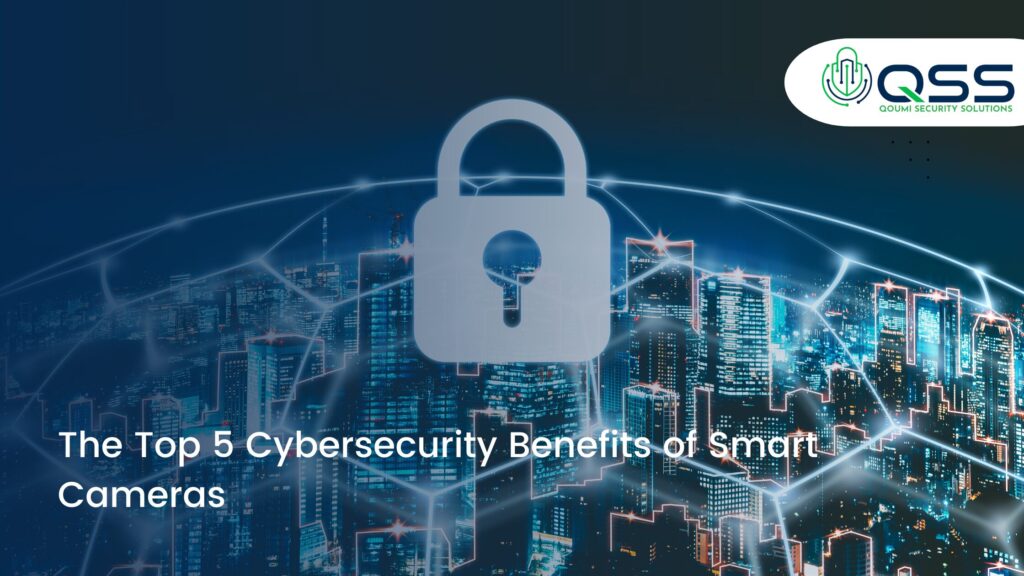Why cybersecurity matters?
Why cybersecurity matters?
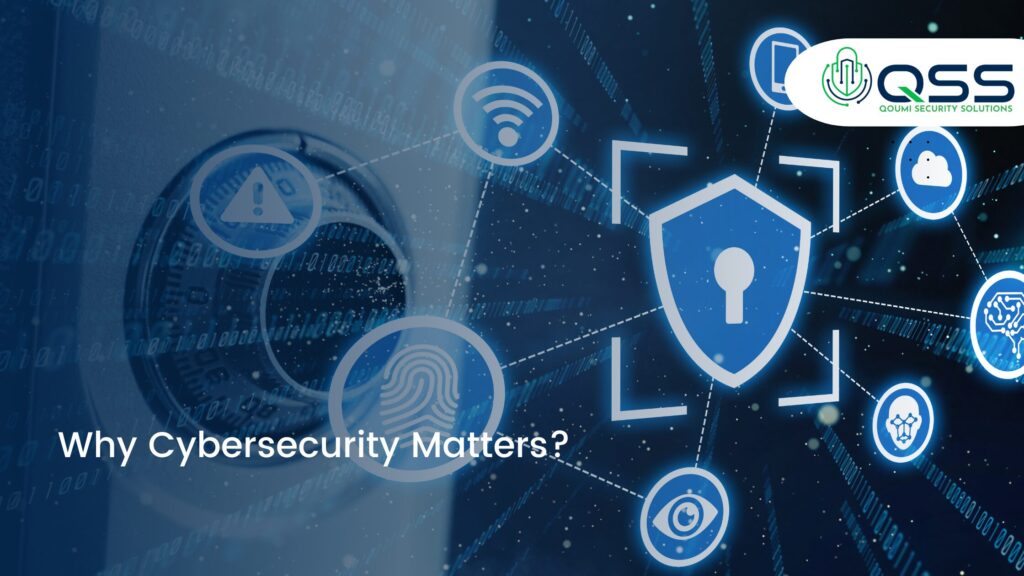
In today’s hyperconnected world, cybersecurity is not just an option—it’s a necessity. With individuals and organizations relying more on technology, the risks associated with cyber threats have skyrocketed. But why does cybersecurity matter so much? This blog will explore its significance, the risks of neglecting it, and how robust cybersecurity practices can protect our digital future.
The Digital Landscape: A Breeding Ground for Threats
The modern era is defined by an ever-growing reliance on technology. Businesses, governments, and individuals store vast amounts of sensitive information online, from financial records and personal data to intellectual property. While this digital transformation has revolutionized industries, it has also created opportunities for cybercriminals.
Hackers and malicious actors target vulnerabilities to steal data, disrupt operations, and demand ransoms. Without cybersecurity measures in place, these threats can result in catastrophic losses.
The Cost of Cyber Attacks
Cyberattacks are expensive—not only in financial terms but also in reputation and trust. According to recent studies:
- Global damages from cybercrime are expected to reach $10.5 trillion annually by 2025.
- Small businesses are disproportionately targeted, with 43% of attacks aimed at smaller organizations.
- Recovering from a breach often costs businesses millions, not to mention the loss of customer trust.
Why Cybersecurity Matters
- Protection of Sensitive Data
Personal data, such as credit card details, Social Security numbers, and medical records, are prime targets for cybercriminals. A single data breach can expose thousands—or even millions—of records, leading to identity theft and financial fraud. Cybersecurity ensures that sensitive information is encrypted and stored securely, reducing the risk of unauthorized access.
- Business Continuity
A ransomware attack or DDoS (Distributed Denial of Service) attack can bring operations to a standstill. Businesses need cybersecurity strategies to ensure uninterrupted services, safeguard critical infrastructure, and maintain customer trust. Cybersecurity measures like firewalls and endpoint protection keep systems operational even in the face of threats.
- Compliance with Regulations
Governments and industry bodies have introduced stringent regulations to protect consumer data. Non-compliance with laws like GDPR (General Data Protection Regulation) or HIPAA (Health Insurance Portability and Accountability Act) can result in hefty fines and legal actions. Cybersecurity ensures organizations meet these standards and avoid legal trouble.
- Mitigation of Emerging Threats
Cybercriminals are constantly evolving their tactics. From phishing emails and malware to advanced persistent threats (APTs), the variety of attacks continues to grow. Investing in cybersecurity solutions such as intrusion detection systems (IDS), AI-powered threat monitoring, and employee training helps organizations stay one step ahead.
- Preservation of National Security
For governments, cybersecurity is crucial to safeguarding national interests. Cyberattacks on critical infrastructure, such as power grids and financial systems, can have devastating consequences. Countries invest heavily in cybersecurity to counteract espionage, terrorism, and other threats.
Real-Life Examples: The Impact of Cybersecurity Breaches
- Equifax Data Breach (2017): The personal data of 147 million Americans was exposed, costing the company over $1.4 billion in fines and settlements.
- Colonial Pipeline Ransomware Attack (2021): This attack disrupted fuel supplies across the U.S. East Coast and highlighted vulnerabilities in critical infrastructure.
- Yahoo Breach (2013-2014): A series of breaches affected over 3 billion accounts, leading to a loss of trust and a reduced valuation during Yahoo’s acquisition by Verizon.
These incidents emphasize why proactive cybersecurity measures are indispensable.
How to Strengthen Cybersecurity
For Individuals
- Use Strong Passwords: Avoid common passwords and consider using a password manager.
- Enable Two-Factor Authentication (2FA): Add an extra layer of security to your accounts.
- Be Cautious with Links: Avoid clicking on suspicious links or downloading unknown attachments.
- Keep Software Updated: Regular updates patch vulnerabilities that hackers exploit.
For Businesses
- Implement Firewalls and Antivirus Software: These act as the first line of defense.
- Conduct Regular Audits: Identify and mitigate vulnerabilities in your systems.
- Invest in Employee Training: Teach employees to recognize phishing attempts and practice safe online behavior.
- Back Up Data: Regularly back up critical information to recover quickly in case of a breach.
The Future of Cybersecurity
As technology evolves, so do cyber threats. The rise of artificial intelligence (AI) and the Internet of Things (IoT) introduces new challenges for cybersecurity professionals. However, these same technologies can also be used to detect and neutralize threats more effectively.
Governments and organizations must prioritize cybersecurity as a cornerstone of their operations. Collaboration across industries, coupled with continuous innovation, is the key to staying ahead of cybercriminals.
Conclusion
Cybersecurity is more than just a technical concern—it’s a critical component of modern life. From protecting personal data to ensuring the smooth functioning of businesses and governments, the importance of cybersecurity cannot be overstated.
Investing in cybersecurity not only mitigates risks but also builds trust, resilience, and a safer digital world for everyone. The question isn’t if cybersecurity matters; it’s how much—and the answer is clear: it’s essential.
